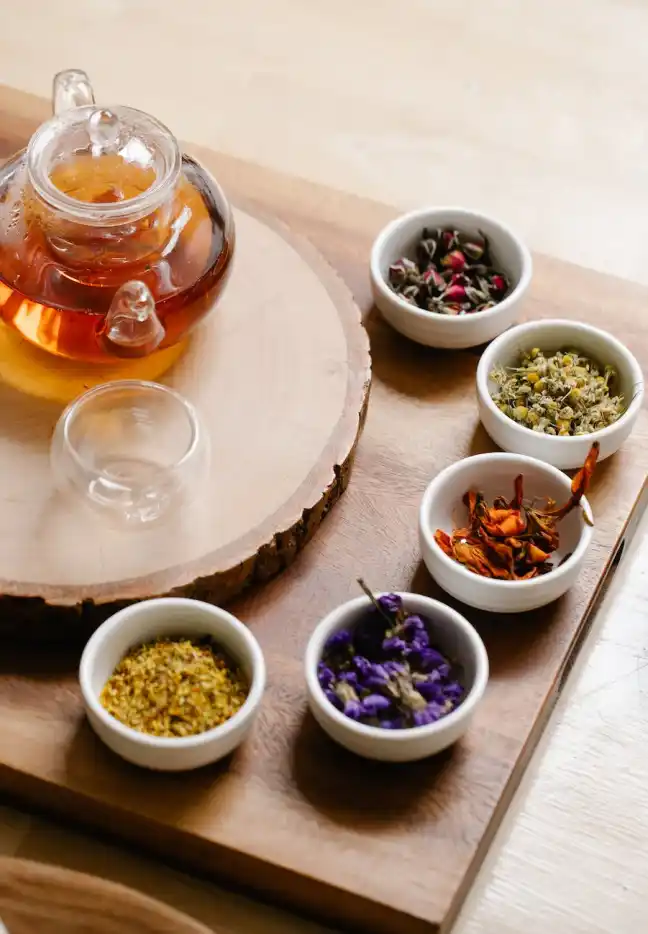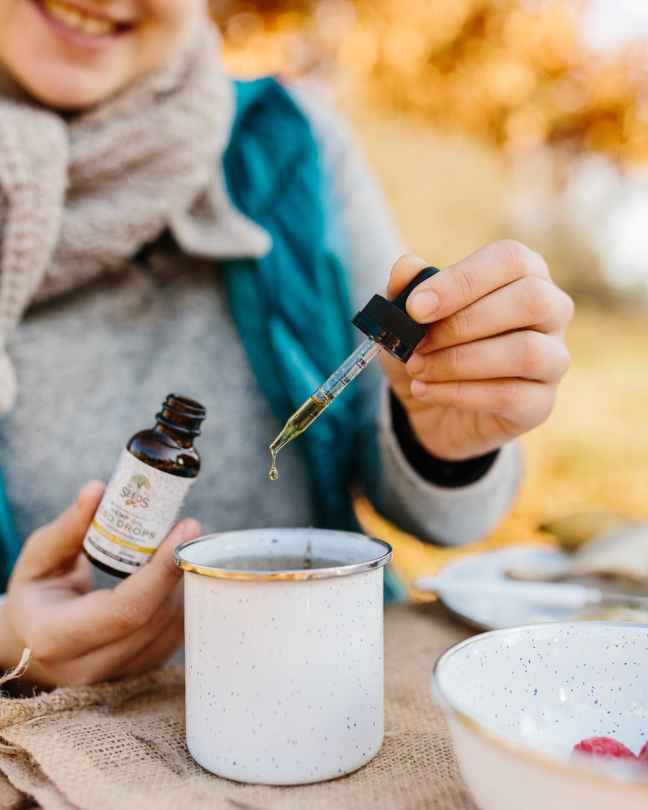Ashwagandha:
The first order of business for me as a Doctor of Chinese Medicine, is to translate the properties of Ashwagandha from Ayurveda into Traditional Chinese Medicine. The two medicines speak different diagnostic languages, just like the West is completely different from TCM, so is Ayurveda. I have to know what its TCM properties are so that I can understand this herb
To help me with this I have used a research project called: “Merging Ayurvedic Ashwagandha with Traditional Chinese Medicine Part 1. Foundation in Ashwagandha: Physiological Effects, Clinical Efficacy, and Properties” by Michael Forman, and Nicholas A. Kerna

In the abstract, we find that “The systems of Ayurveda and TCM are juxtaposed, herein, to establish a parallel between the two systems. In TCM, each herbal substance has its distinct attributes; therefore, a side-by-side comparison was made between each relevant herb and Ashwagandha.
Because of this comparison, in the TCM herbal classification system, Ashwagandha can be categorized as “Tonify Qi” and “Tonify Blood and Essence”. This comparison, depicted in (Table 1), provides evidence to classify Ashwagandha in TCM accurately and establishes a methodology by which other relevant herbal medicines can be joined with Chinese medicine and classified under TCM categories and terms.“
Traditional Chinese Medicine (TCM) has a methodical and organized system for the classification of herbal medicines. These classifications have been developed over many hundreds of years (thousands actually) of careful observation and documentation of each of the traditional herbs and their effect on the human body.
Once the diagnostic TCM criteria are met, a sophisticated and individualized diagnosis can be reached, and subsequently, a very precise herbal prescription can be made, beyond what any western diagnosis can do. It is the signature hallmark of TCM, to not just diagnose the illness, but the whole individual. Only then, can an herb be effectively used. Without this sophisticated diagnosis, the best one can do is to guess that the herb will be good, because it “is good for most people. TCM strives to do much better than that, TCM strives to be good for the specific person with the specific condition. Safety and efficacy has equal importance in TCM as it does in western medicine.
Ashwagandha Tonifies Qi, and Tonifies Blood and Essence. The above mentioned paper lists Ashwagandha as “Sweet and acrid, Tonifies Qi, and the Channels entered are Lung, Spleen, and Kidney” This might not mean anything to you, but for me it is the most relevant information, and I know that many acupuncturists are searching for this information.
Beyond this, we know that the herb earned its classification as an adaptogen which means that it regulates disharmonies in the neuroendocrine system ( interaction of nervous system and hormones) and the immune system, and we know that it regulates the HPA axis (Hypothalamic-Pituitary-Adrenal axis) The HPA axis is our “stress response system”. That is the definition of “adaptogen”.
So is it safe for everyone?
Ashwagandha has safely been used for thousands of years and many studies have shown to support this, and when taken within recommended doses it has no toxicity.
If we read up on contraindications from Ayurvedic principles, we do however discover that some condition requires caution, they are:
People with low blood pressure, diabetes, auto immune disease, stomach ulcers, hypothyroid, hyper thyroid, especially if on thyroid medication, sleep disorders with increased sleep, people with scheduled surgeries, due to it’s tranquilizing effects, and obese people. Note that you may still be able to take it, you just need further help, beyond reading something on the internet. Work with your Herbal Medicine Doctor. (TCM, Ayurveda etc) to understand if this is a good herb for you.
Ashwagandha is a member of the nightshade family of herbs. If you allergic to other nightshade plants, then Ashwagandha may not be suitable for you.
What are all the benefits of Ashwagandha?
- Lowers cortisol, the stress hormone (HPA axis, remember?)
- Antidepressant!
- Anti inflammatory ( I know you need that)
- Improves memory ( You probably need that too, I know I do)
- “Boosts” immune system.
- Helps you sleep.
- May also increase energy without any jitters, but it may also make you sleepy, so you just have to see what works for you, and if you should take it in the morning or in the evening.
- Reduces anxiety.
- Increases sexual satisfaction in women.
- Increases testosterone and muscle mass (if you want that…)
- Decreases body fat percentage.
- Enhances sports performance.
- Might boost male fertility.
- Reduces blood sugar.
- Anti cancer properties (although we don’t know for sure, and usually you can’t say thing like that, but if it is anti inflammatory then it is automatically beneficial for cancer as well)
- Stimulates Thyroid hormone production.
- Potentially lower triglycerides .

Intake Questionnaire
Fill out online form before your first visit, click submit button at the end, or use the downloadable version of the forms, print out and fill out at home if you want to minimize the time spent in the reception.




































































































One thought on “Your Total Guide To Adaptogens | Part 2 | Ashwagandha”